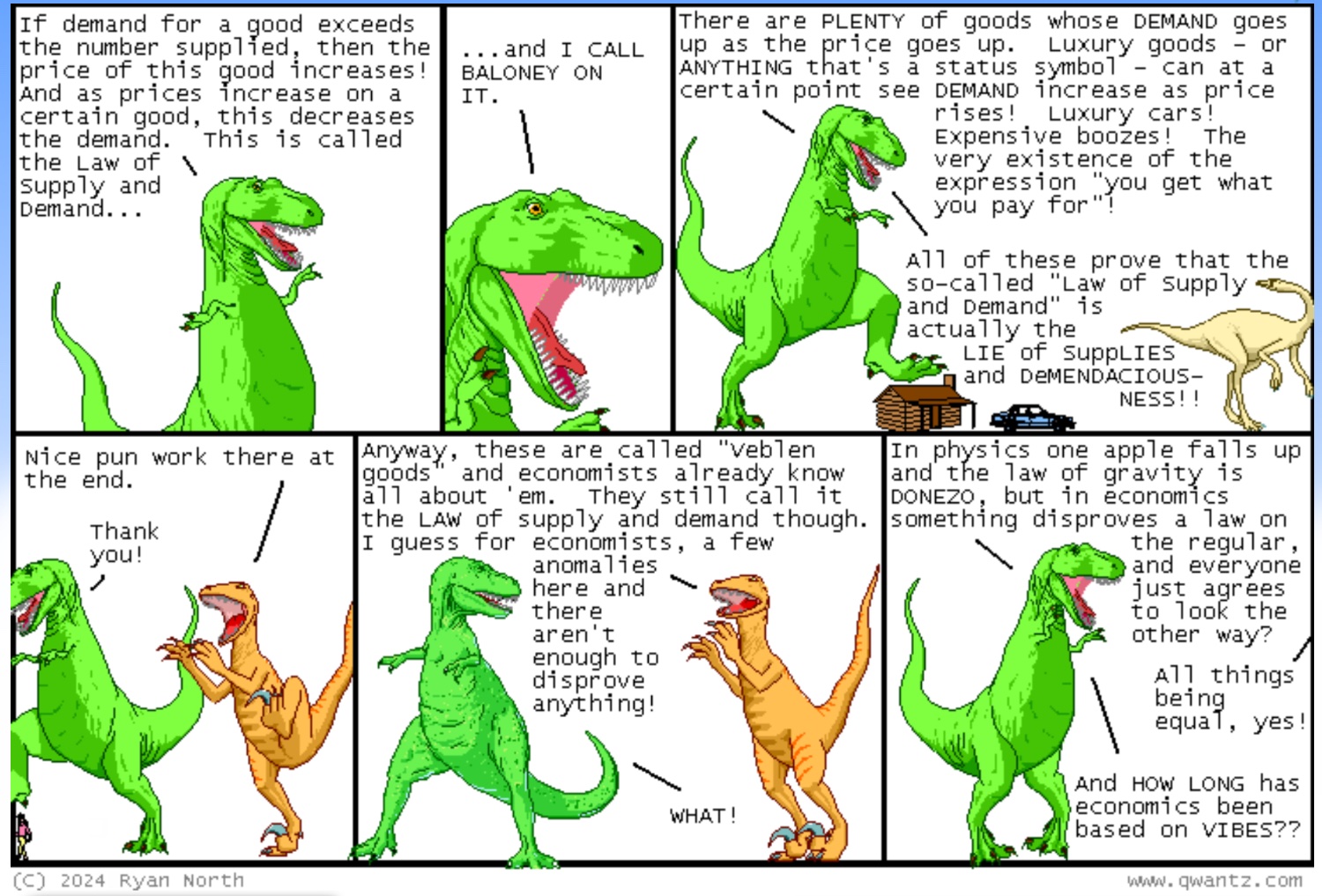this post was submitted on 26 May 2024
322 points (93.3% liked)
Comic Strips
12569 readers
3747 users here now
Comic Strips is a community for those who love comic stories.
The rules are simple:
- The post can be a single image, an image gallery, or a link to a specific comic hosted on another site (the author's website, for instance).
- The comic must be a complete story.
- If it is an external link, it must be to a specific story, not to the root of the site.
- You may post comics from others or your own.
- If you are posting a comic of your own, a maximum of one per week is allowed (I know, your comics are great, but this rule helps avoid spam).
- The comic can be in any language, but if it's not in English, OP must include an English translation in the post's 'body' field (note: you don't need to select a specific language when posting a comic).
- Politeness.
- Adult content is not allowed. This community aims to be fun for people of all ages.
Web of links
- !linuxmemes@lemmy.world: "I use Arch btw"
- !memes@lemmy.world: memes (you don't say!)
founded 1 year ago
MODERATORS
you are viewing a single comment's thread
view the rest of the comments
view the rest of the comments

Economics is a social science (and often a political tool) pretending to be a physical science. If they don't want to be treated the way they are, they should drop the act.
I studied econ as a minor and I don't recall any of my professors ever making the pretense that it was some sort of ultimate or incontrovertible truth. In fact, I'm fairly certain that's where I learned the expression "all models are wrong, but some are useful".
I remember cracking open a textbook, learning about rational market actors, realizing that a lot of economics is based on the assumption that people act rationally, and decided the whole thing was bullshit.
5 years later, I realized that despite deeply flawed premises, economics as a science still has a lot of helpful models and theories and is a good thing to learn.
That’s a good point, and kinda reminds me of the Efficient Market Paradox, which basically says an efficient market is impossible since there would be no profit to be made, and hence, no point in participating. But if people drop out because of that, inefficiencies will invariably pop again, thus presenting an opportunity for those seeking to profit, which of course only ends up restoring the efficiency.
So in essence, the market is always just teetering on the edge of efficiency, never fully getting there yet never straying too far either. Perhaps there’s a corollary here (or a similar paradox) that explains why the assumption of rationality, as ridiculous as it seems at face value, is in fact also valid and reasonable.
Sometimes, independent central banks feel like a secular version of a theocratic council of elders.